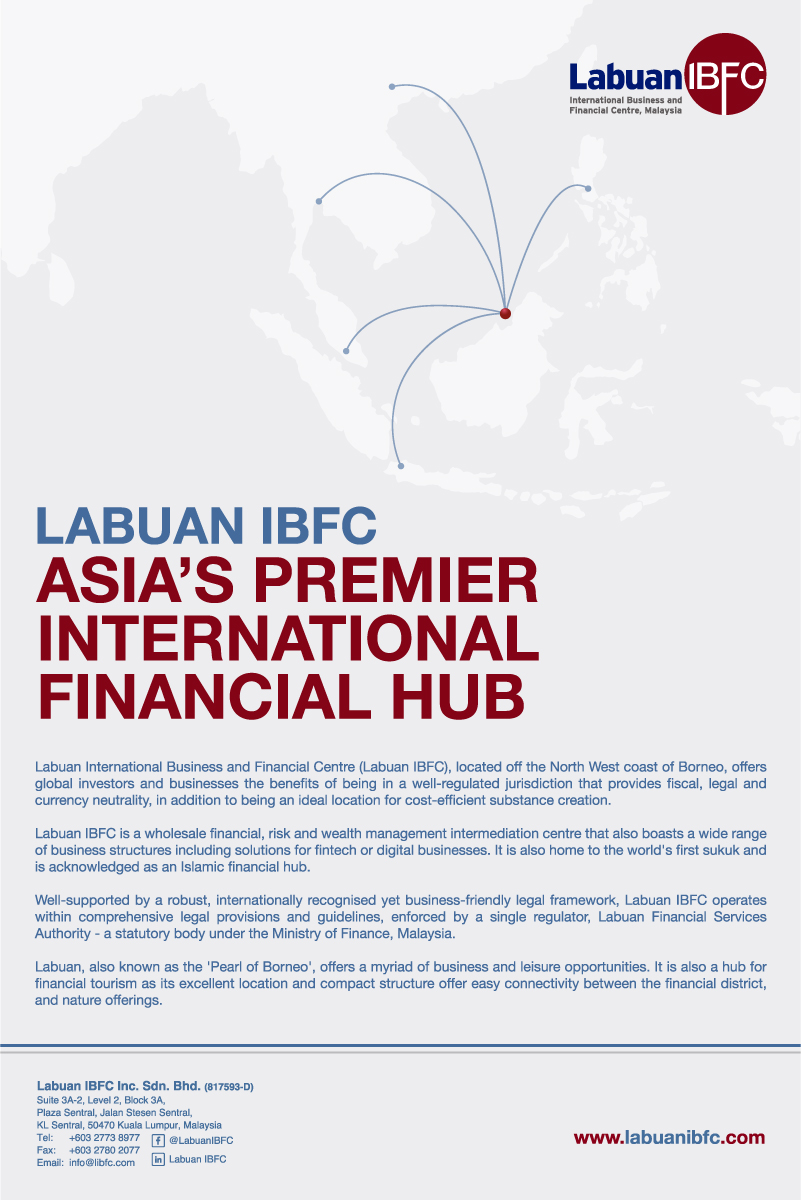The Federation of European Risk Management Associations (FERMA) has three strategic areas of activity in 2020:
- Advocacy and visibility at EU level to promote risk management solutions in EU policies and achieve recognition of the profession at European level
- Risk management education primarily through its European certification Rimap and the seminar in October
- Support for its network of European risk management associations
Prior to the pandemic, FERMA’s advocacy work with the European institutions focused primarily on digital transformation, sustainability including non-financial reporting requirements, and proportional regulation for small insurance entities. The pandemic demonstrated that some risks have become systemic and their potential impacts on business are beyond the capacity of the insurance market. FERMA, therefore, created a Resilience Task Force. Its first action was a proposal calling on the European institutions for the creation of a public-private Catastrophe Risk Resilience Framework.
The aim is a European scheme for non-damage business interruption insurance based on risk management and insurance with support from public bodies. FERMA has since contributed to work by the European insurance regulatory agency European Insurance and Occupational Pensions Authority (EIOPA) promoting a public-private framework for pandemic risks. We urged the European institutions to respond promptly.
The European Commission is now in the process of setting up a working group with a brief to investigate “pandemics insurance”, and FERMA expects to provide input to the discussions.
We have also worked with our network of national associations to share information and experience from their members, by means of webinars, and web and newsletter articles. We will shortly launch a survey with them to produce a report on the lessons so far, which we plan to publish soon after the seminar.
Looking ahead
The economic damage resulting from the pandemic is almost certainly at the forefront of risk managers’ concerns for their organisations in the immediate and medium term. Furthermore, cyber risk will remain a short-term priority, especially as the crisis has accelerated digital transformation. We also see that risk managers will be increasingly involved in the consequences of regulatory changes related to the European Green Deal and public demand for sustainability. FERMA is working on a guide for risk managers on the integration of sustainability risks into enterprise risk management.
Insurance and captives
The 2020 FERMA European Risk Manager Report, completed just before the global implications of COVID-19 emerged, shows an almost universal concern by risk and insurance managers about a hardening market: 90 percent saw limitations and exclusions of specific emerging risks, and 88 percent highlighted the change in market conditions. Post COVID-19, these trends have strengthened.
Given the enormous cost pressure in most companies due to the economic downturn, caused or accelerated by COVID-19, it would not be surprising if the level of insurance purchase goes down. Buying less coverage pushes risk managers back to basics: ensuring a clear understanding of risk exposures and the possible consequences. On the positive side, risk managers should have an increased amount of risk data with which to improve the efficiency of risk analysis and insurance purchasing.
Captives
Captives are valuable to the resilience of European business. We expect them to be very important over the next decade in the wake of COVID-19 and the harder insurance market. Used as a strategic risk management tool, a captive can be a source of creative solutions for evolving risk profiles.
Captive use was already rising before the pandemic. FERMA 2020 Risk Manager Survey shows that 43 percent of those surveyed would use an existing or new captive for risks which are difficult to place on the insurance market.
While risk retention and alternative risk transfer vehicles were the main strategies for emerging/specific risks, the expected use of captives had increased the most between 2018 and early 2020.
During the revision of Solvency II, FERMA will continue to press for a more consistent application of the proportionality principle. FERMA has proposed a concrete method to harmonise the way national supervisors evaluate the need for proportionality measures for their supervised insurance entities. Our proposal was well received by EIOPA and is under discussion.
Seminar
FERMA had chosen corporate risk and finance – financing the ever-growing universe of risk as to the theme for the 2020 Risk Management Seminar from 12 to 13 October. It has proved very timely. The seminar will strengthen risk managers’ professional and technical skills in ways that support their discussions with the CFO and other senior managers in managing the uncertain risk environment. If risk managers may need to adjust their insurance purchases to take account of the harder insurance market and the pressure on corporate budgets, they will need to clearly identify and communicate resulting increases in exposure and how they can be financed to senior management.
COVID-19 has shown that resilience goes hand-in-hand with investment in risk management. The conversation with the CFO needs to focus on the value of risk and insurance management to the business in terms of financial indicators, such as the impact on earnings, cost of capital and cash fl





